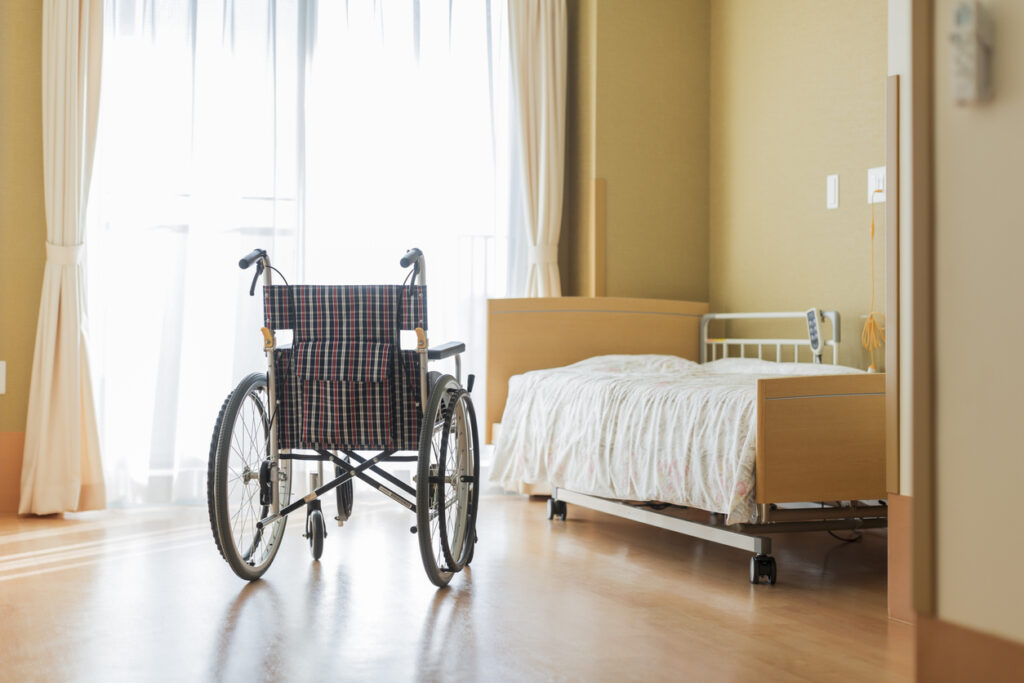
More often than not, the short answer to this question is simple: neglect. The main reason that nursing home residents suffer from bedsores is because of improper, substandard, or negligent care from the nursing home staff tasked with caring for them. Dallas elder abuse in nursing homes is preventable if you know what to look out for, even when it comes to bedsores. Following is an explanation of what bedsores actually are and what causes them.
What Are Bedsores?
Bedsores are wounds that form when an excessive amount of pressure is placed on the skin. Blood flow isn’t able to reach the skin, making the cells located in that area of the body die. Bed sores start off as blue or purple marks on the skin. If left untreated, bedsores eventually tear through the skin and cause open wounds that are prone to infection. In the most severe cases, bedsores invade the innermost parts of the skin, exposing the bone and putting the patient at risk for extremely life-threatening infections.
What Are The Common Causes of Bedsores in Nursing Homes?
Dallas elder abuse victims in nursing homes frequently get bedsores for the following reasons:
Click Here to Call Our Law Office
- Lack of mobility: One of the key causes of bedsores is lack of mobility. Lack of ability means that there is an inability for blood to flow to the skin. Many nursing home residents are not mobile because of situations like paralysis, sedation, injuries that require bed rest,, as, and surgical recovery. Elder abuse takes place in these circumstances when nursing home staff neglects to move these residents for long periods of time.
- Friction: Friction is what happens when skin is dragged against another surface. In nursing homes, this happens when a patient is pulled across the bed when they are being moved for any reason.
- Age: Elderly people have skin that is very fragile, dry, and thin. This lack of elasticity makes it much more likely for bedsores to form when there’s neglect.
- Mental illnesses: If a nursing home resident is suffering from a mental illness that affects their ability to take care of themselves like dementia or Alzheimer’s, they may not even know when it’s time for them to reposition their bodies in the bed or move around. They often stay in the same position even if they’re feeling pain.
- Incontinence: Many nursing home residents are either incontinent or they’re unable to use the bathroom on their own. The excessive moisture due to these conditions increases the amount of friction between their skin and their bed linens, raising the likelihood of bedsores. When the nursing home staff neglects to keep these patients clean and dry or doesn’t turn them on a regular basis, the patients end up with bedsores.
- Diseases that restrict blood flow: Vascular diseases and illnesses like diabetes can reduce the amount of blood flow to the skin. Residents that have these types of illnesses are more prone to developing bedsores.
You want your loved ones living in nursing homes to feel safe and secure, but sometimes it becomes increasingly clear that they’re not. If you suspect a loved one is a victim of Dallas elder abuse that’s resulted in bed sores or other issues, you need a Dallas nursing home lawyer who has the experience necessary to get the justice you deserve.
At Crowe Arnold & Majors, LLP, we’ve helped families dealing with Dallas elder abuse get justice, and we’re here to help you. Call us for a free consultation at 214-428-6628.





